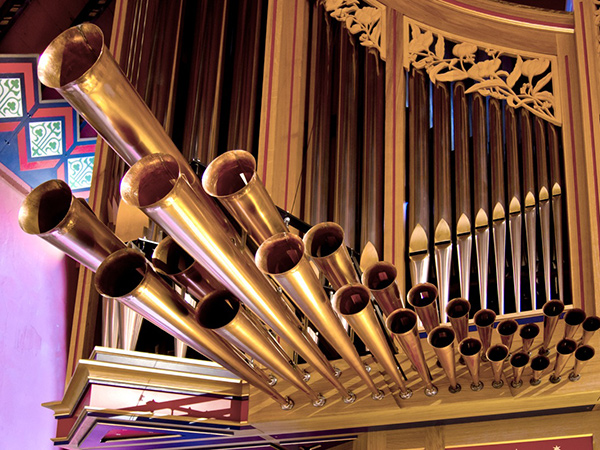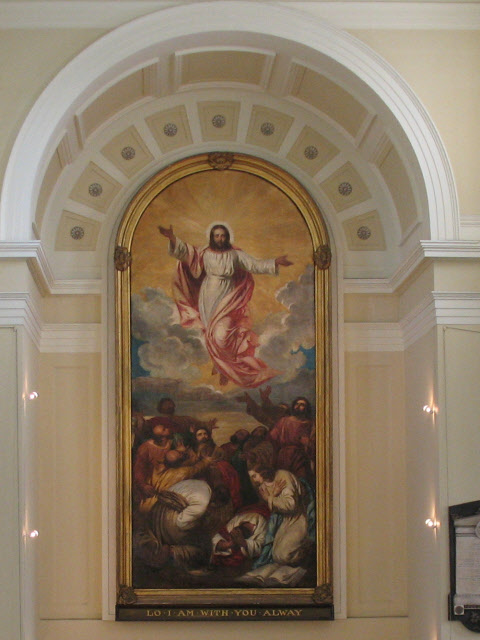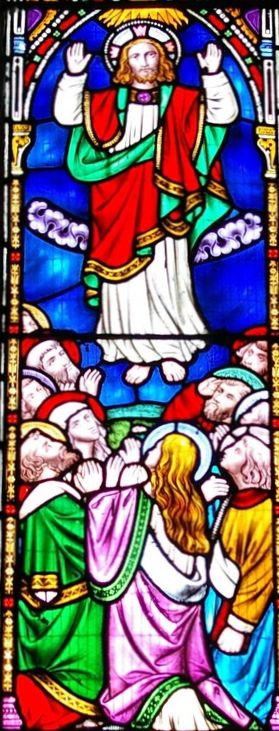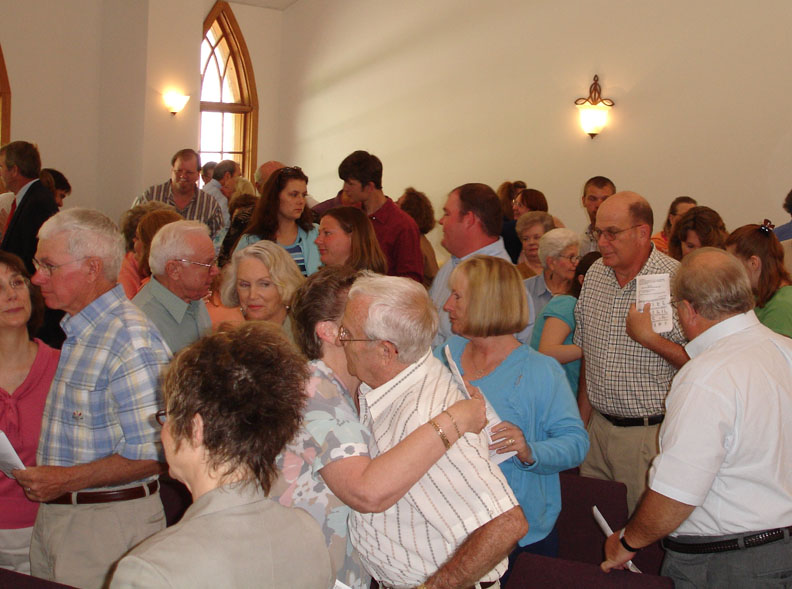Today’s Pentecost season song from Sing Praise is “Come, Holy Spirit of God” by James Walsh. Like yesterday’s it consists of a chorus (or ‘ostinato’) to be sung repeatedly with a soloist chanting the three short invocations. The ostinato is simply “Jesus is Lord, alleluia!” Why a statement about Jesus when the invocations are to the Spirit? It’s because one of the tasks of the Holy Spirit is to bear witness to Jesus. In this period between Ascension and Pentecost we are reminded both of Jesus taking his place in heaven as the victor over death, and his promise that his Father would send someone in his place. That someone turned out to be the invisible Spirit, or “holy ghost” as he used to be called in English.
The title of the song is in fact the start of the first of the incantations: “Come, Holy Spirit of God. Come, renew the face of the earth”. This recalls the Spirit’s work in creation “sweeping over the face of the waters” when the universe was first formed. The saving acts of Jesus are often seen as a new creation, and the Spirit has the same role to play in bringing order to this new creation. The second is “Send forth your light and your truth. Guide us with your powerful love”. In many religions, light, truth and guidance are all descriptions of encountering the spiritual reality that lies behind the physical world.
Finally, “Holy Spirit, make us one. Alleluia, alleluia!”. Jesus must have known that his Church would be divided in itself, and at odds with the rest of the world, but in his final lesson to the disciples before his death he prayed that we would find unity. Again, the Spirit’s role is to unite us, not divide us. So whatever your own understanding of the Holy Spirit – he or she, disturber or comforter, essential presence or radical force, present at baptism or subsequent gift – remember that the Spirit binds the Church together in one despite our differences, and as the ostinato dies away, that our focus remains always on Jesus the Lord.



